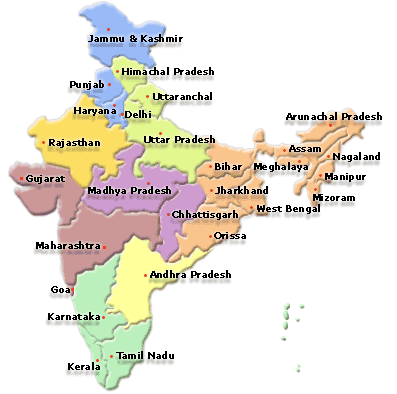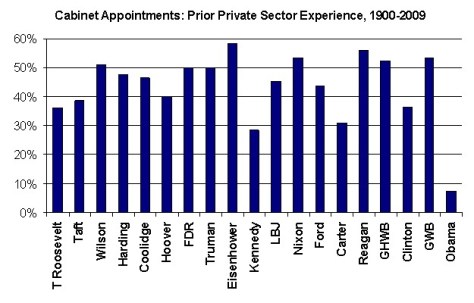From the liberal New York magazine of all places.
Excerpt:
It’s tempting to pity the people who go to bed early, who are very careful with their money, who eat kale. So much self-denial! Is that any way to live? Actually — yes, suggests some recent research, which will be published in next month’s Journal of Personality. People with higher self-control also tend to lead happier lives.
Giving into life’s little temptations feels pretty great in the moment, but even the smallest sabotages to your long-term goals can add up, subsequently wreaking some emotional havoc over time. “The cost to those indulgences are large, and the costs that are incurred from turning down the indulgences and turning one’s back on tempting options are really not so big compared to the cost that come about from over-indulging,” Kathleen Vohs, a University of Minnesota marketing professor and one of the study’s co-authors, explained to Science of Us.
Vohs and her colleagues did a series of three studies to reach their conclusions: In the first, they gave 414 adults an online survey. A second study involved loaner Blackberries for all 288 adult participants, who were sent seven texts a day asking whether they’d experienced a desire to have or do something, how they reacted to the desire, and how happy they were currently feeling. And for the last study, 234 adults were given that survey measuring self-control; they then identified their top three goals, and told the researchers how strictly their actions in the past week were in keeping with those goals — and how happy they were with their effort.
In all three studies, the researchers found a link between self-control and happiness. The findings may be correlational and self-reported (which can always mean people may exaggerate the good stuff and minimize the bad), but the results still feel very true to life. “For me, I’ve actually found it to be quite an eye-opener,” Vohs said. “Because the lesson that should be taken away from this paper is that the best way for people to live healthy and happy lives is to avoid temptations in the first place.” Happiness is about more than living in the moment; it’s important to keep the future in mind, too.
I want to relate this to the topic of how Christians decide on what they are going to do with their lives to serve God. Which approach is better – self-control or no self-control?
Look at this post by a male reader of The Thinking Housewife blog.
Excerpt:
Since I wrote you last, I have decided to sign up for a few online dating sites, mostly out of curiosity. I could not imagine finding a serious mate on, say, OKCupid, but anything is possible. In poring over many hundreds of profiles in the past few days, a few things stand out to me.
- I have not seen any woman make her desire for children, or even marriage, the central focus of her profile. Even though I filter profiles based on the “wants kids?” question (which is, surprisingly, often answered “yes”), nothing in the written profile suggests it is important to them. (This is occasionally not the case for Asian women)
- The emphasis is instead on career, activities, hobbies, favourite movies/books/music, travel, and political inclinations (always to the left, sometimes the feminist left)
- The surpreme goal of women my age appears to be to start an NGO in a Third World country.
- Every woman my age has read Eat, Pray, Love.
- Most are doing (or have done) advanced degrees, often in education or healthcare.
- It is rare that a woman expresses interest in cooking, though most express interest in restaurants and food.
- I have never seen a woman mention that she desires a good home, a place to call her own, or that she is otherwise domestically inclined.
I suspect these line up with your readers’ experiences too. That said, it may be that women view these traits as being desired by men, and they may be at odds with more deeply held needs.
In fact, The Thinking Housewife says these characteristics are also common in Christian circles:
Right now, in this country, there are many children growing up in single-mother homes. Growing up without a father and with a mother who is usually not at home and who may bring strange men into your life is a desolating experience that has been proven to damage many people. I have a friend who is a teacher in a white working-class neighborhood. Many of the children there are growing up in homes of never-married or divorced mothers. These children are hungry for attention and love. Their situation portends further social chaos. Do you think the young Evangelical women you mention would brag about helping these white children? Would volunteer work with them have the same cachet?
I suggest to you that it would not.
I understand that people in Third World countries are materially poorer than these white children I mention. But in the Christian view, the immaterial is foremost and thespiritual conditions of these white children are nothing less than dire and probably worse than that of most children in the Third World. They are being raised by nihilistic popular culture.
[…]Christianity will not flourish in the Third World if it is dying in the West. We need these idealistic women to do their work at home, and that work includes becoming wives and mothers themselves.
The idealism of these women is not wrong, but the direction it has taken is. Volunteering in the Third World has become a status symbol for Christians.
In the past, I’ve offered Dan Barker as an example of someone who lost his faith because of this emotional “God will save me no matter how irrational my plan is” view. I think we need to exercise self-control when deciding how to make an impact for Christ. The plan that is quick and immediate may not be the best over the long-term.


